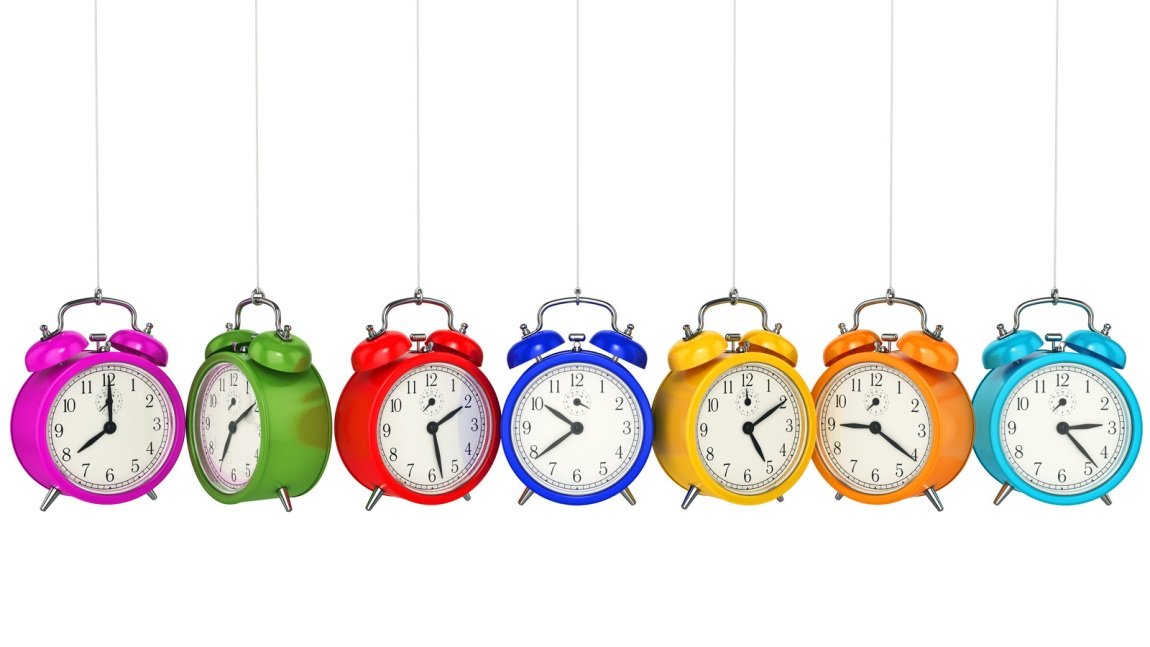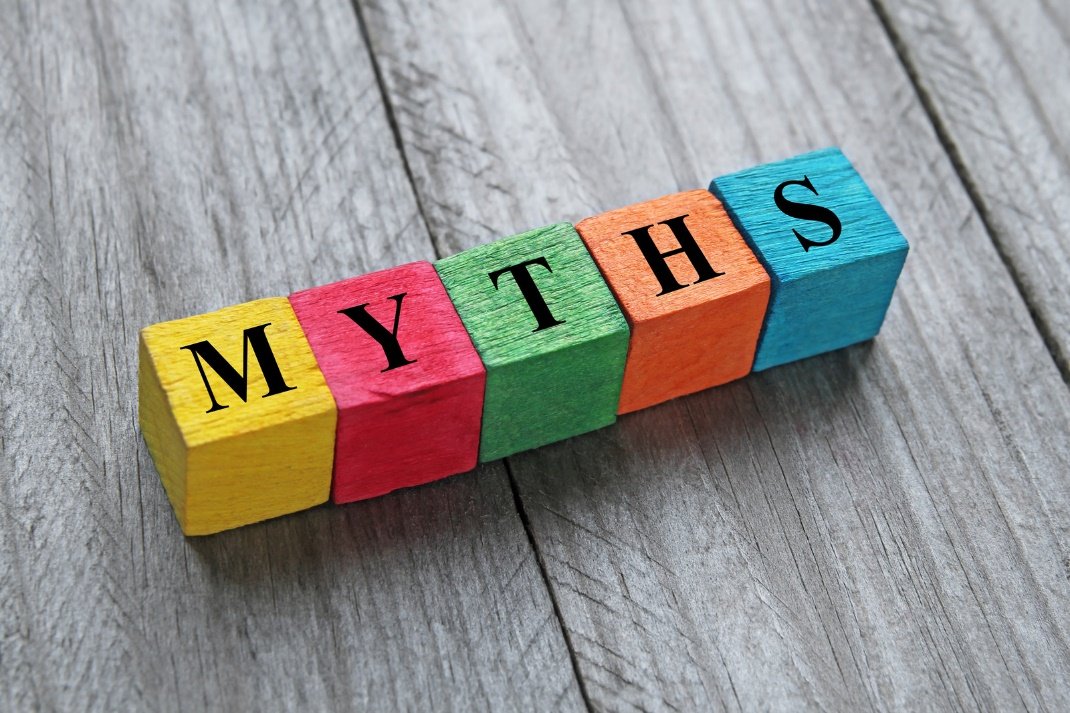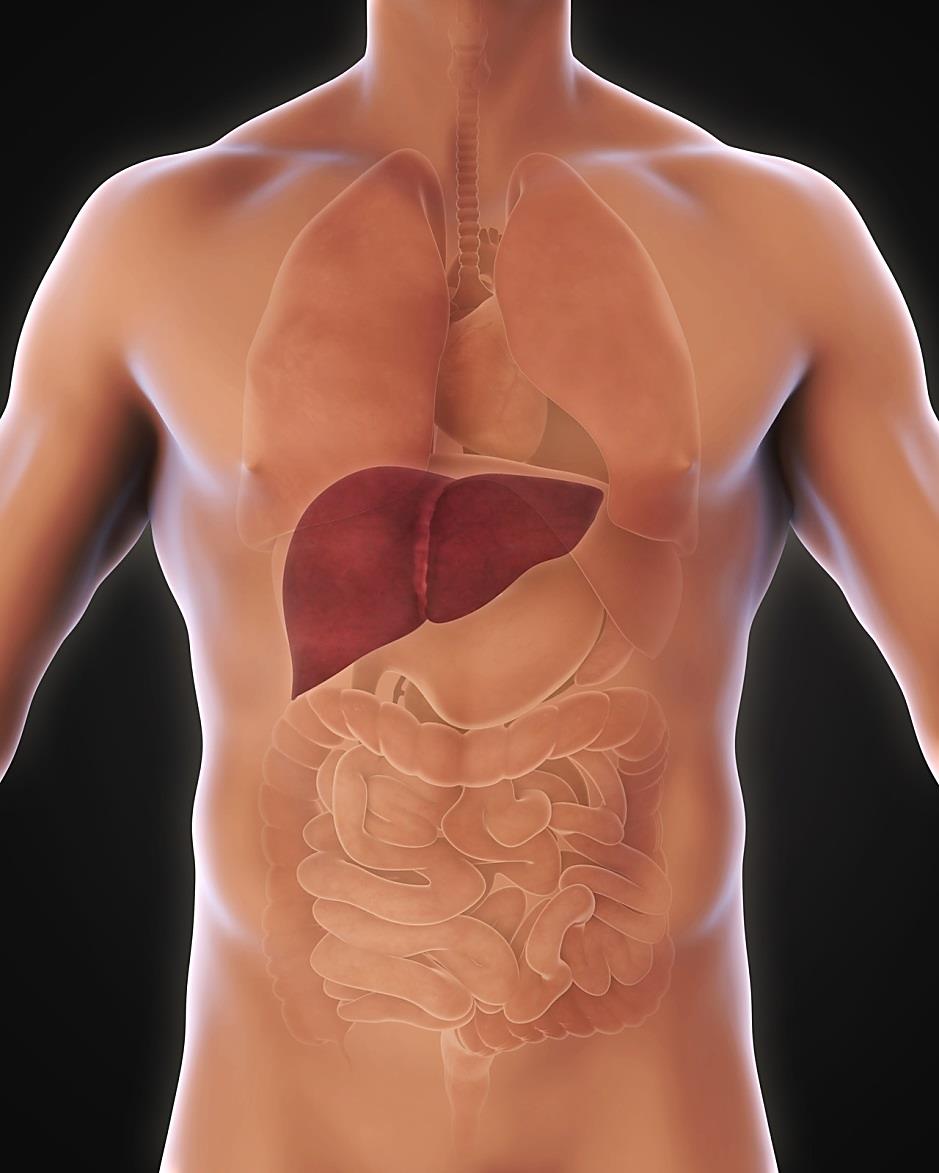
by Fern Shaw | Jan 30, 2019 | water cooler, Water Coolers
We’re not referring to being in hot water, mind, rather we’re referring to how drinking hot water (and most derivatives thereof) in cold weather boosts our sense of well-being, makes us happy and unbelievably is good for our health too.
Mind how you go. As with anything that you ingest or consume that purports to be healthy, there’s usually a proviso. Of course there is. That’s why we’re not suggesting that you can drink as many of those marshmallow topped, cream laden hot chocolates as you like and still be in the peak of health, but we are stating that by drinking hot water drinks (not just hot water) you will achieve more than just one goal – you’ll warm yourself up, increasing your body temperature; you’ll feel comforted which increases your sense of well-being and if you’re drinking the right hot drinks, you’ll keep yourself hydrated, which means you’re maintaining your good health.
Don’t be fooled. Unless you were hibernating for the last few decades, you should no doubt be aware (by now) that sugar-free doesn’t equal better health. In fact, the ‘cheat sweeteners’ can be as bad for your waistline if not worse than could good old granulated sugar. If it tastes oddly synthetic, chances are it usually is.
What’s left, then? Quite a bit actually. Here are a few ideas to keep your precious little self hydrated, your tummy warm; and you fighting fit this winter:
- Install either a hot and cold water cooler or a hot water boiler at your premises. Visit it, often.
- Once you’ve installed your hot water maker, speak to those around you – ask them what hot water drinks they enjoy which don’t pack on the pounds.
- Go exploring. Virtually of course. As an example, you’ll find quite a few hot water drinks tips at the AquAid Water Coolers blog There’s plenty to choose from which will hopefully to inspire your hot water drinks journey.
However you choose to warm up this winter, we wish you happy hydration health.

by Belinda Ollewagen | Jan 18, 2019 | Hot Water Taps, instant tap, water cooler
Marc Levy, France’s widest read author wrote: ‘Imagine there is a bank account that credits your account each morning with $86,400. It carries over no balance from day to day. Every evening the bank deletes whatever part of the balance you failed to use during the day. What would you do? Draw out every cent, of course? Each of us has such a bank, its name is time. Every morning, it credits you 86,400 seconds. Every night it writes off at a lost, whatever of this you failed to invest to a good purpose. It carries over no balance. It allows no over draft. Each day it opens a new account for you. Each night it burns the remains of the day. If you fail to use the day’s deposits, the loss is yours. There is no drawing against “tomorrow”. You must live in the present on today’s deposits. Invest it so as to get from it the utmost in health, happiness, and health. The clock is running. Make the most of today.’
It’s a rather sobering thought isn’t it? And a rather novel way of viewing what many consider to be our greatest commodity. We are slaves to busyness and time, and not always in a good way either. Without doubt, time is the one thing we have no control over, so best to use it wisely and in Levy’s words ‘if you fail to use the day’s deposits, the loss is yours’.
So what does this have to do with hot water taps you might ask? The answer is simple – convenience. Convenience is like a time cash cow, the more convenience you can squeeze into your day, the greater the generation of time. And hot water taps are one way that can help make things simpler, smoother and faster. Boiling water at the touch of a button saves us from having to wait for a kettle to boil – it saves on energy bills too, but that’s an aside – from a convenience point of view hot water taps are a great time-saver. It can take around 3 minutes for a kettle to boil; if you drink 4 cups of tea or coffee a day at the office, that’s 12 minutes a day wasted – and while that might not seem like a lot initially, that’s 264 minutes a working month, or nearly 4.5 hours.
So, to make more of your 86,400 seconds a day bank balance, invest in hot water taps from AquAid – the UK’s leading supplier of all things office-water related – and make those seconds count!

by Belinda Ollewagen | Jan 18, 2019 | water cooler
The weather is dreadful at the moment, and if you’re so cold that you feel like you’re caught in a snow tunnel, the last thing you’ll want to do is take a meander over to the water cooler and fill up your glass with something cold. While this might be understandable, it’s not advisable. Despite the cold, our bodies still require proper hydration – and there are other ways of maintaining your water intake during the cold winter months.
Keep it top of mind – if you make a conscious effort to remain properly hydrated and perhaps add it to your to-do list or schedule reminders, it’s easier to keep on top of it.
Go for the hot – teas and coffees do count towards your daily water quota, but it shouldn’t be your only source of water. Try to supplement with green teas if you can – they offer many health benefits in addition to aiding hydration.
Room temperature works – ice cold water is not very inviting at this time of the year, so fill your bottle at the water cooler early morning and let it stand out and reach room temperature, making it much easier to drink.
Keep it visible – out of sight, out of mind is the old adage, so be sure that however you choose to go about drinking your daily water, it’s something that’s nearby and visible.
Soup up – an excellent way of getting in more liquid, and definitely very welcome in winter, is to up your soup intake. Have a bowl for lunch and try to have a bowl in the evenings too if you can before your main meal.
Eat your water – if you’re struggling to drink as much water as is necessary, then try to eat more of it. By including extra fruit, tomatoes, cauliflower and squash in your diet you automatically increase your hydration levels.
Avoid too much salt – and last but not least, try to reduce the amount of sodium in your diet. This doesn’t only refer to the salt you add to your food, but also certain food types like processed foods. Ultimately too much salt can cause dehydration which would render your other efforts wasted.

by Belinda Ollewagen | Jan 18, 2019 | instant tap, water cooler
Is there such a thing as drinking too much water? Should you decrease your number of visits to the office water cooler? The answer to the first question is yes. And the answer to the second question is no.
Yes, you can drink too much, but it’s an extreme ‘too much’. Runner’s World ran an article a while back entitled busting eight hydration myths, and one of those busted myths was that ‘you can’t drink too much’. If you over-hydrate it can lead to a condition called hyponatremia. As defined by the Mayo Clinic, this ‘occurs when the level of sodium in your blood is abnormally low. Sodium is an electrolyte, and it helps regulate the amount of water that’s in and around your cells. When [hyponatremia] happens, your body’s water levels rise, and your cells begin to swell. This swelling can cause many health problems, from mild to life-threating’.
And why should you not decrease your number of visits to the water cooler? Because of your thirst mechanism, that’s why. Another busted myth is that ‘thirst isn’t a good hydration tool’ – yes, it is. Your body knows what it needs, and when it needs water, it will trigger your thirst mechanism – whether you’re attuned to that trigger or not is another matter of course. So, if you learn to listen to your body and give it what it needs when it signals it, you should be fine. If you’re an athlete and you’re concerned about the amount of water you lose while exercising, knowing your sweat rate and compensating for it, is another way to ensure you receive proper hydration. Doug Casa, Ph.D., professor of kinesiology at the University of Connecticut and COO of the Korey Stringer Institute says the ‘goal isn’t to match your sweat rate, but you should try to get as close as is comfortably possible. For some runners, that may mean replacing two-thirds of the fluid they sweat during the run’. He also adds that you shouldn’t try to drink more than you lose.
And here’s another busted myth ‘caffeine dehydrates you’ – no, it doesn’t. If taken in moderation, coffee or tea can count towards your hydration quota for the day. So, if you feel the need for another hot drink, then head over to the instant taps in your breakout area and make another cup – not only will it aid your hydration levels, but the break will do you good too as both these factors are productivity enhancers!

by Fern Shaw | Dec 6, 2018 | water cooler
The temptation to fuel our bodies by consuming, let’s call them, the pack-on-the-pounds food during winter can easily lead us to reduce our water intake. In the search to keep ourselves warm, instinct has us reaching for the hot meals chockful of carbs and fats as we did in the days when padding was essential to get us through the cold months.
But that was then. We now have the wonders of indoors, whether it’s at home, at work or exercising. Which means we have a lot more opportunity to maintain healthier eating and drinking habits throughout the year and not just when it’s warmer.
A large part of this healthier lifestyle is achieved through eating water rich ‘winter’ fruits such as berries. A prime example being: Blackberries.
- Blackberries are good sources of fibre and offer several essential vitamins and minerals.
- The water content in blackberries is at 88%.
- They contain a substantial amount of Vitamins C and K (as well as Vitamins E and A in a lesser amount) as well as a mineral content including Potassium, Magnesium and Zinc.
These amazing berries have been an essential source of healthy eating for thousands of years. They’re an integral part of the British landscape, often found growing freely on hedgerows the length and breadth of the UK.
If the thought of drinking as much water now as you do in the warmer months is just too off-putting, why not opt for these water-rich little wonders? They’re available all year round and at the very least, will help you to maintain the right hydration levels, albeit not in a pure liquid form.
All said, though, the easiest and most direct route to good hydration habits is still drinking water. That’s where your water cooler comes in. Rain, snow or shine, topping up your water bottle or water glass on each visit to your water cooler is still the fastest most convenient option.
Don’t have a water cooler at your premises? Easily solved. Contact us at AquAid – we have 20 years’ experience in providing a wide range of high quality water dispensers to match your requirements.
You’re berry welcome.

by Fern Shaw | Nov 29, 2018 | water cooler
In this series about the importance of maintaining your water consumption as a health benefit, we’ve looked at our body’s overall water content as well as how vital water is to each of our body’s organs.
Today, we look at the liver – one of the largest (it’s bigger than your brain) and most complex of our internal organs.
Your liver consists of 96% water (the water is inside the cells and in blood) and can regenerate itself – even if only 25% of it is still healthy, your liver can regenerate itself into a full liver again.
The major functions of the liver:
- Makes and stores fuel.
- Cleans your blood.
- Filters out toxins from your bloodstream.
- Produces bile to break down fats.
- Help absorb nutrients in the intestine from the processed food.
- Regulates blood composition to balance protein, fat, and sugar.
- Produces essential chemicals to aid blood clotting.
- Destroys old blood cells.
- Stores minerals, iron and vitamin A.
The liver is a complex, hard-working, multi-tasking organ, tirelessly performing many functions. The efficiency of your liver function directly relates to your health and well-being.
Water is largely responsible for the fluid content of blood. As the organ that filters the blood, its viscosity affects the liver’s detoxification abilities. Accordingly, not drinking enough water will increase the blood’s thickness and make it harder to filter.
At AquAid, we’re fully cognisant of the vital part regular water consumption plays in your ability to perform at your peak every day, which is why we offer a wide range of high quality water coolers to meet your drinking water requirements.
So, the next time you’re about to pass the water cooler, don’t. Rather take your water bottle or water glass and make the water cooler station part of your daily work break routine: fill your bottle and drink your way to a healthier liver and consequently, a healthier you.






